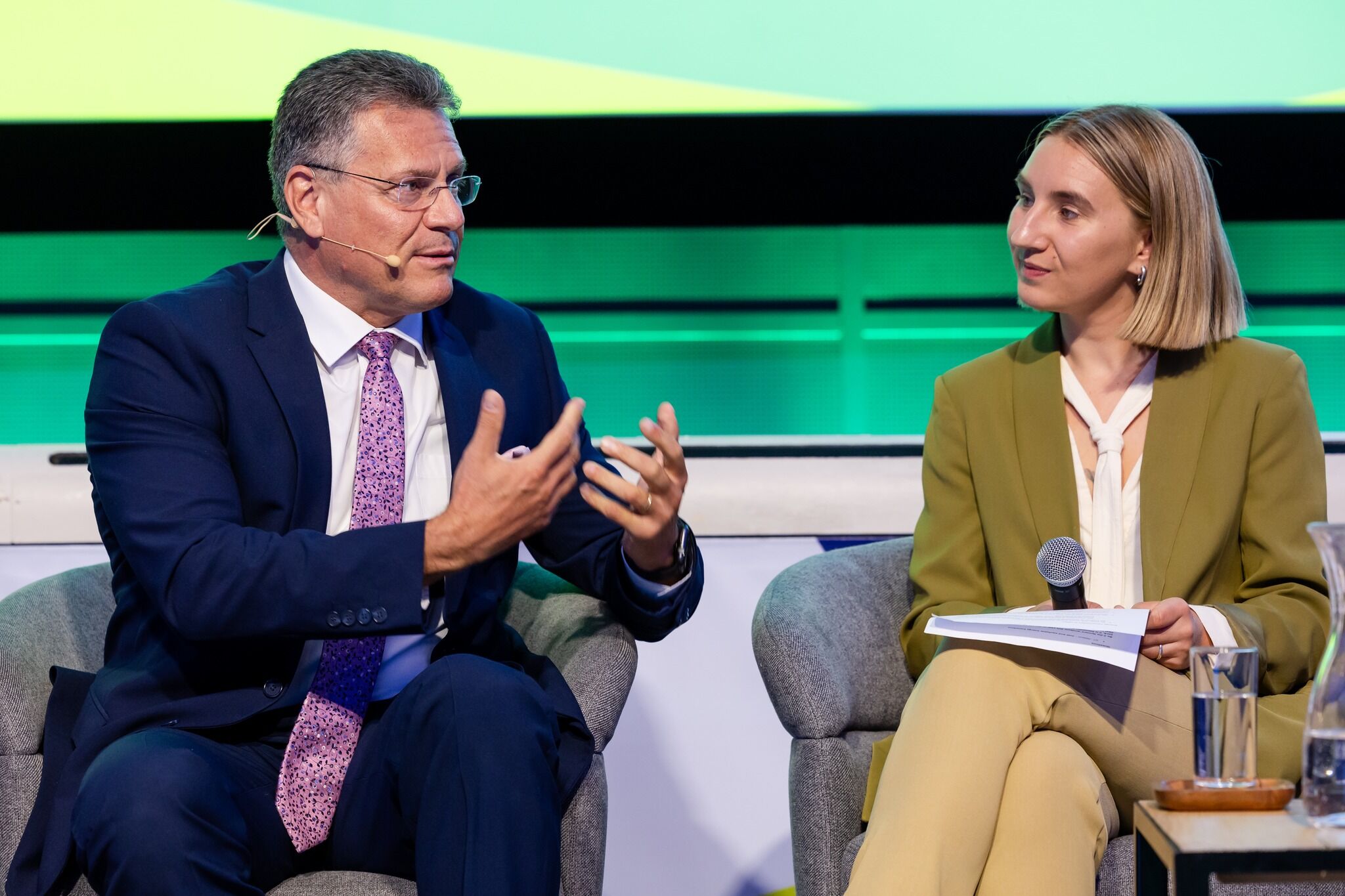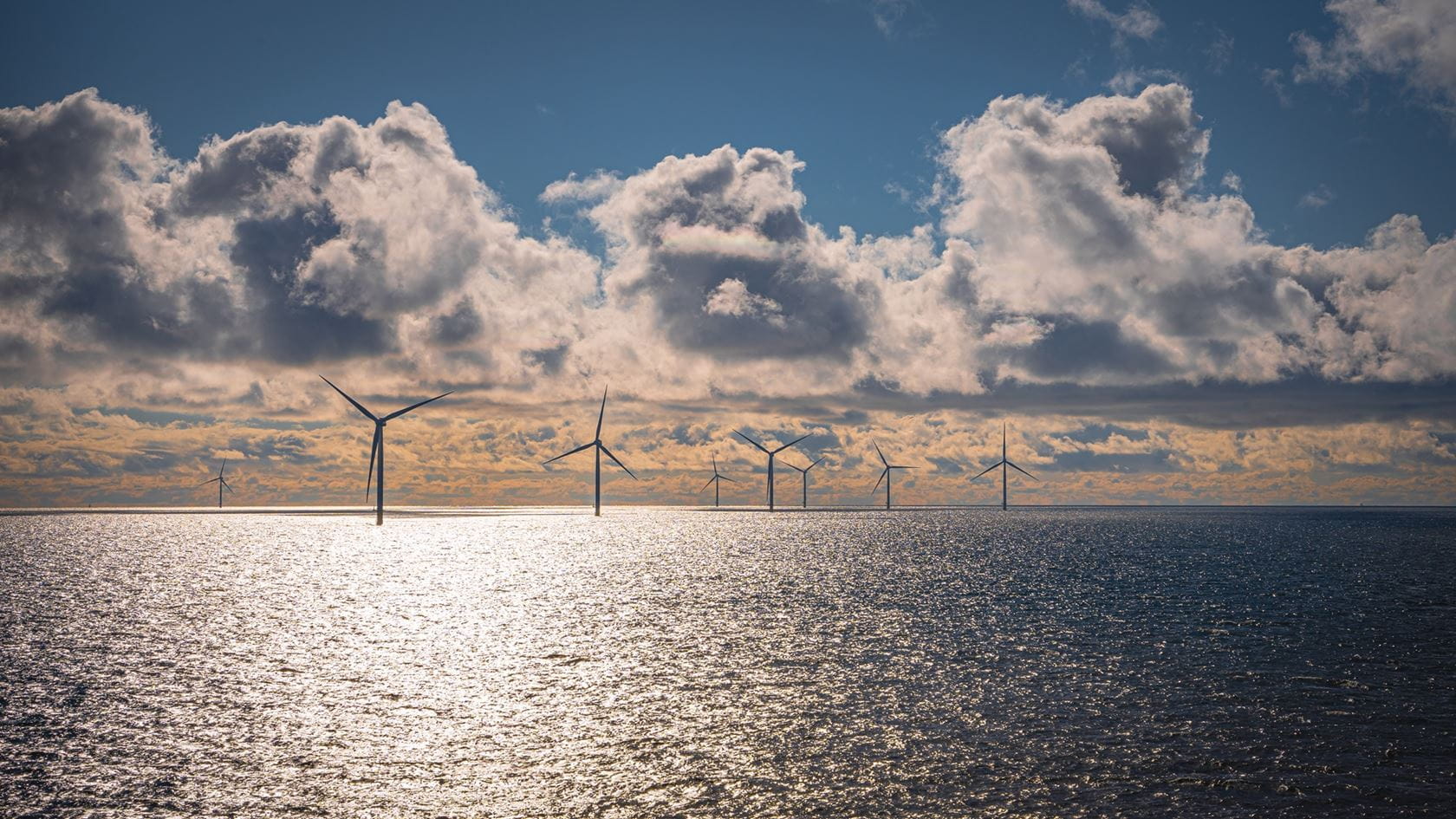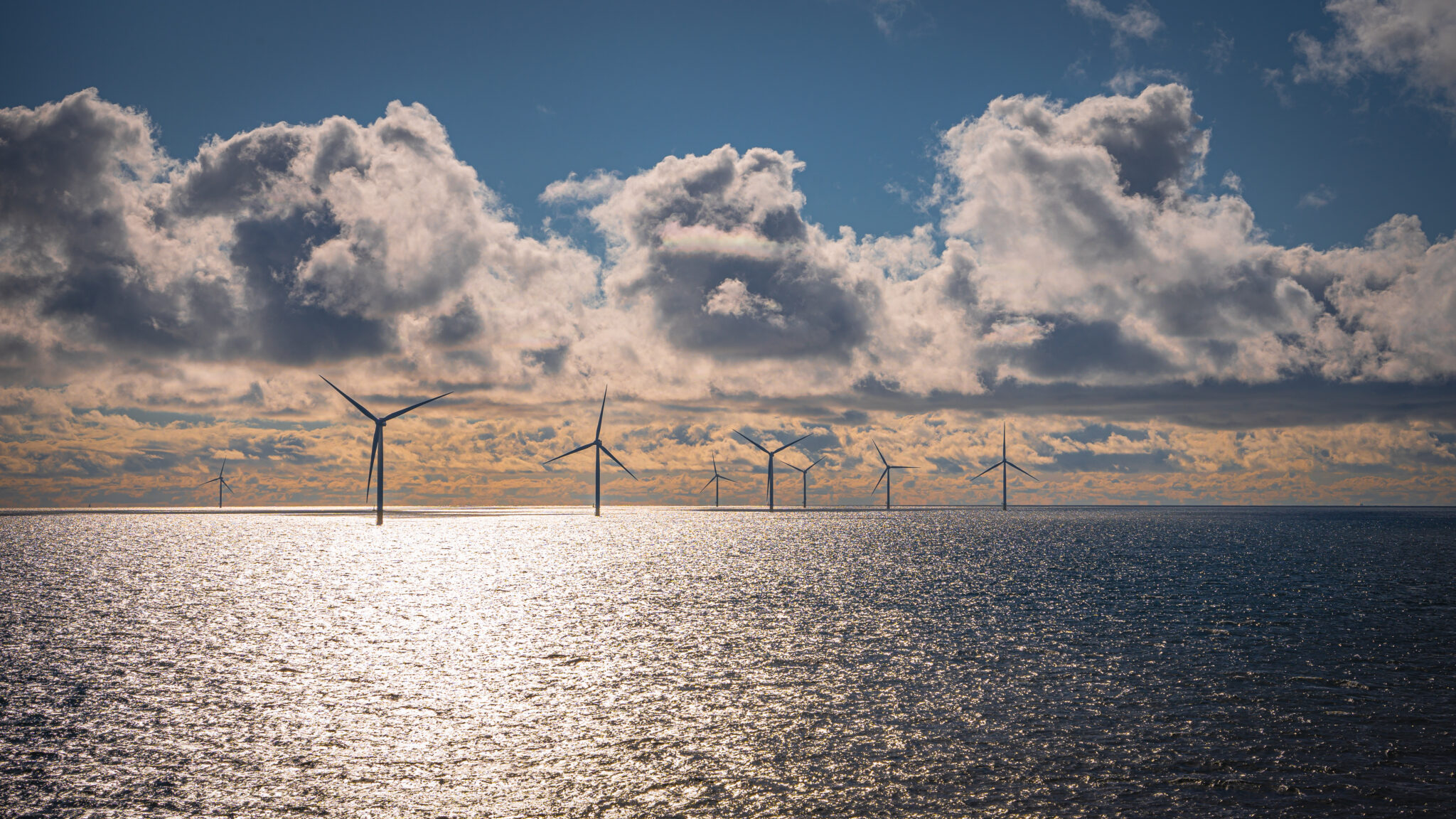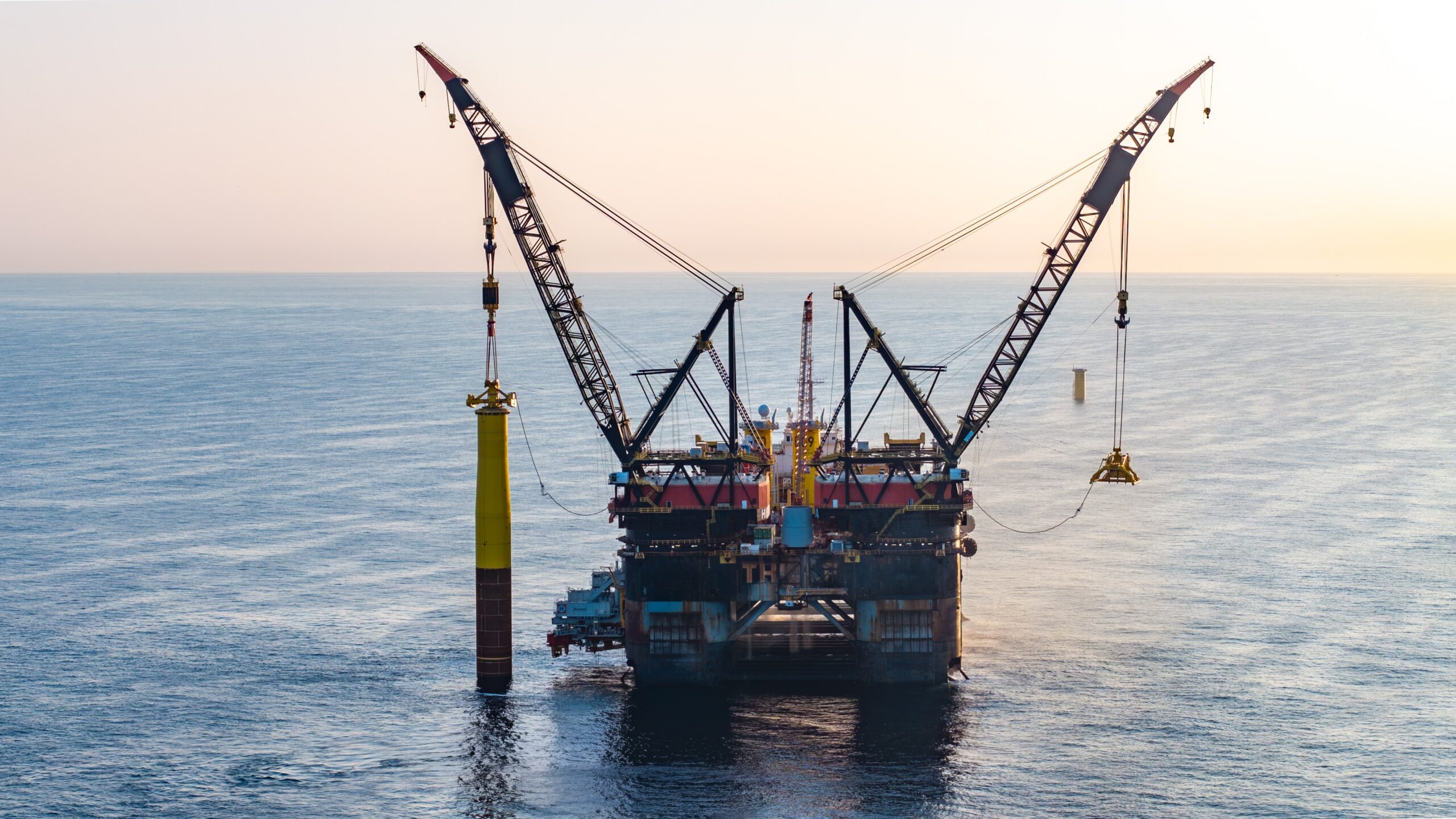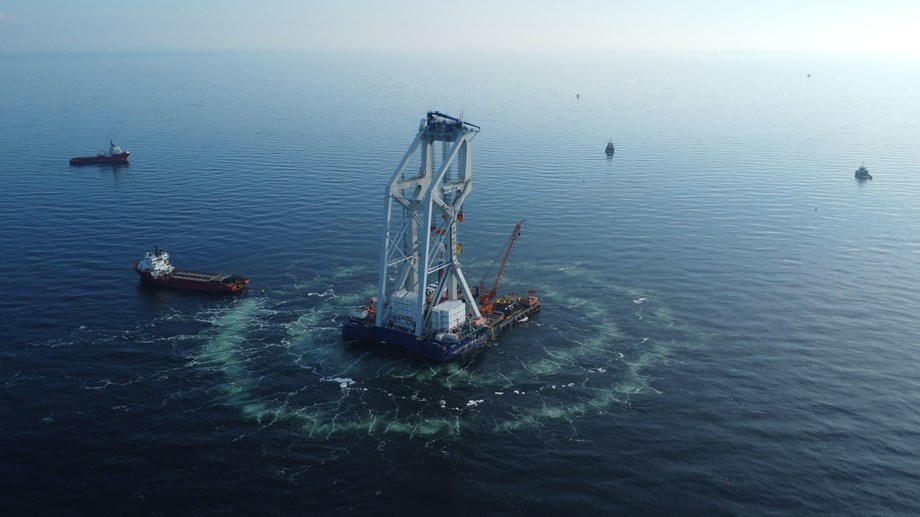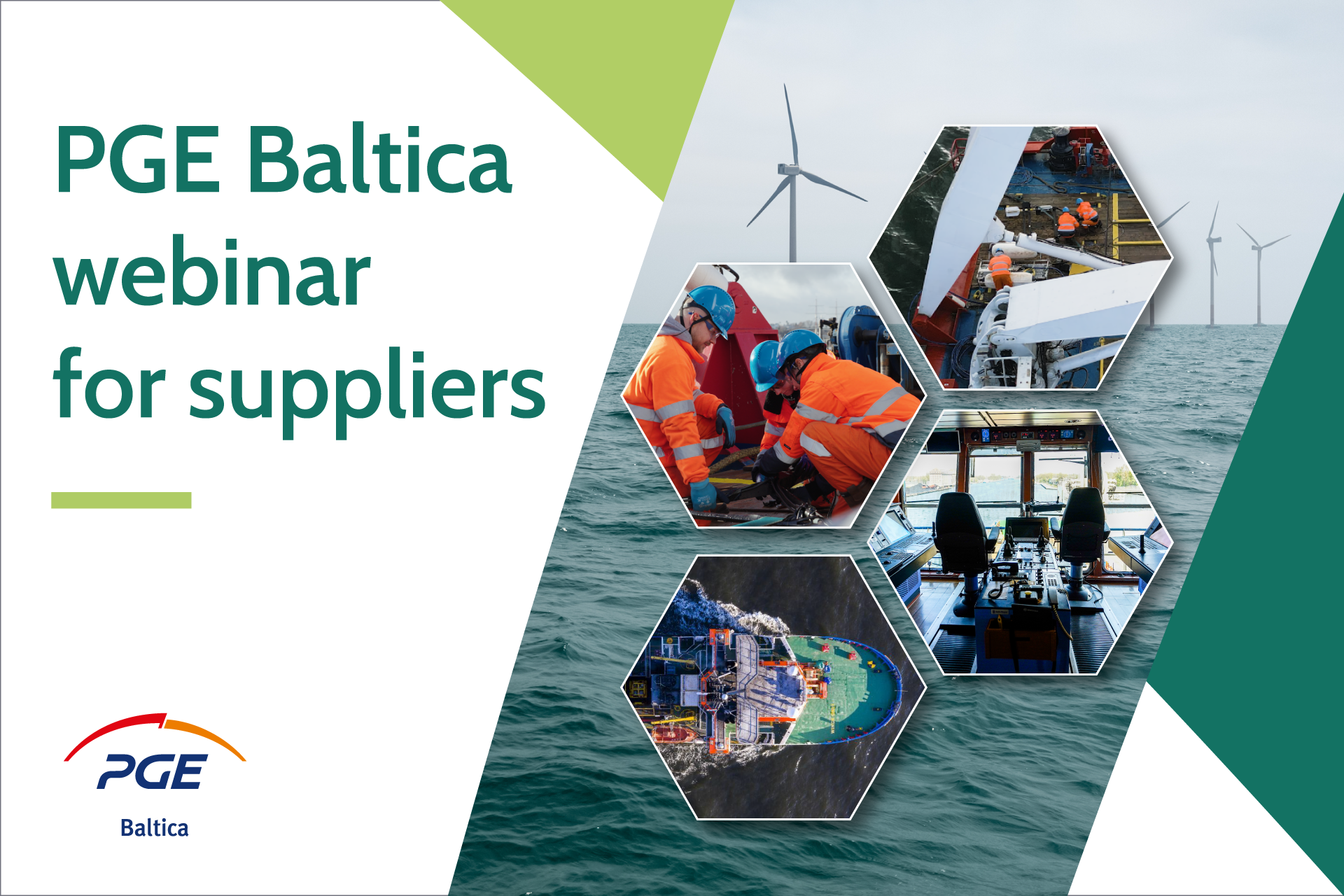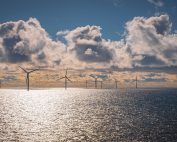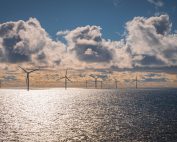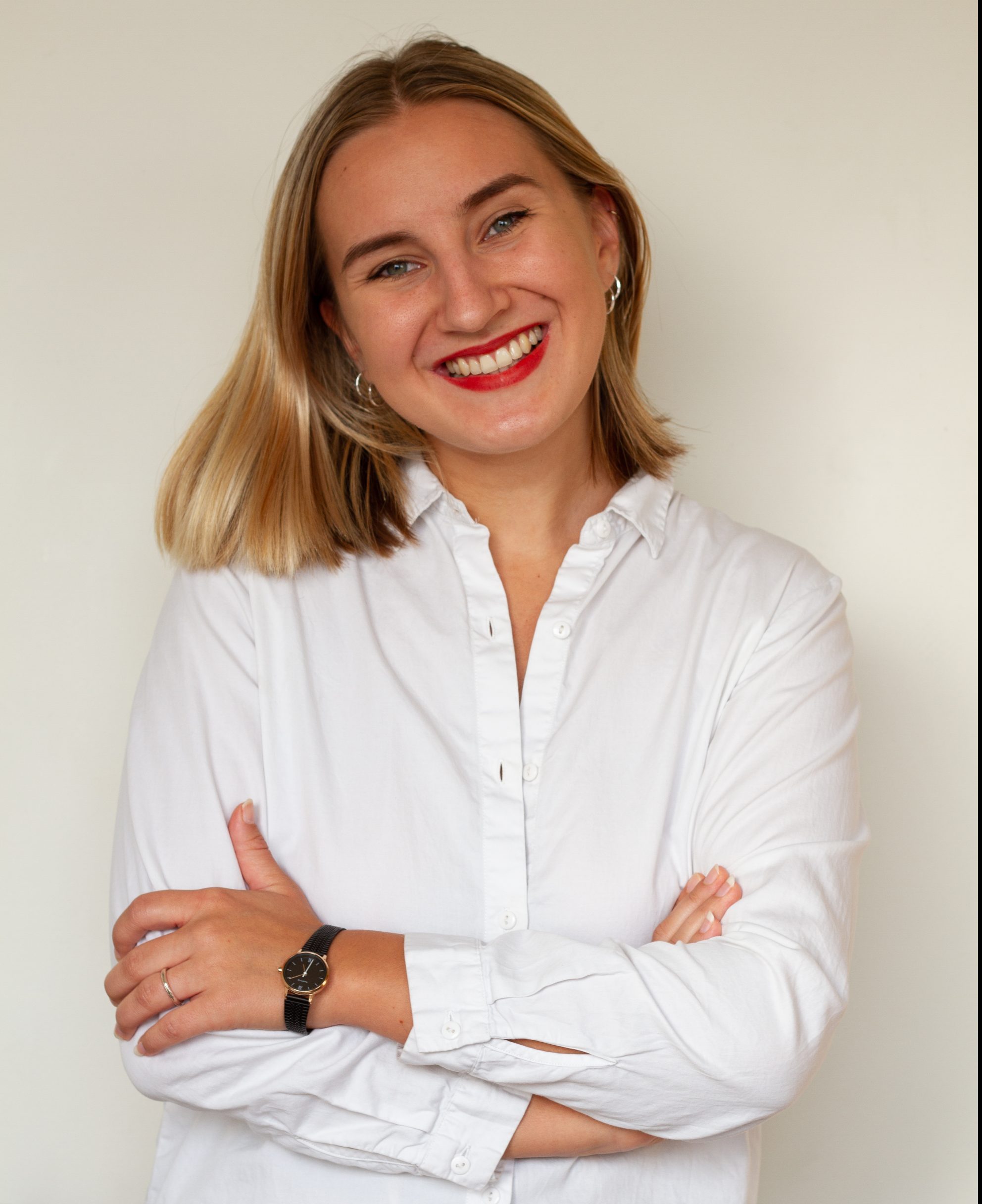
Under the leadership of President Ursula von der Leyen, the European Commission is prioritising fostering dialogue and collaboration with citizens, especially young people, to strengthen awareness of EU energy policies and drive participation in the clean energy transition. To amplify young voices and encourage direct engagement, the European Commission launched the Young Energy Ambassadors (YEA) programme, now in its third edition.
About the Young Energy Ambassadors programme
The programme selects 30 dynamic young professionals, aged 18–35, who are actively working, studying, or involved in the energy sector, to take on a unique, year-long role as Young Energy Ambassadors. This unique opportunity offers selected individuals a platform to lead discussions, contribute to EU energy policy, and inspire their peers to take part in Europe’s clean energy transition. Next to taking the centre stage at the European Sustainable Energy Week (EUSEW), YEAs receive the opportunity to publish with Europe’s leading media outlets specialising in sustainable energy issues.
Why does this programme matter?
The EU is committed to ensuring young people are equipped with the skills and opportunities to actively participate in the energy transition. A lack of awareness or access to information about energy careers can create barriers for young people to explore this dynamic and impactful sector. The YEA programme bridges this gap by giving young professionals a platform to learn, connect, and inspire others while contributing directly to shaping the future of sustainable energy in Europe.
Applications for the 2025 Young Energy Ambassadors are now open
The European Commission is calling on young professionals, aged 18–35, who are passionate about clean energy and climate action to join the Young Energy Ambassadors (YEA) programme. The call for applications is open until 1 March 2025. As part of their mandate, the Young Energy Ambassadors take centre stage during the European Sustainable Energy Week (EUSEW), held on 10–12 June 2025, under the theme: “Powering a fair and competitive green transition.” This annual flagship event, organised by the European Commission, brings together policymakers, industry leaders, researchers, and citizens to discuss and advance Europe’s energy and climate goals.
NAME OF YOUNG ENERGY AMBASSADOR: Gustė Gurčinaitė
NATIONALITY: Lithuanian
AGE: 25
JOB: PhD Student at the University of Oxford researching EU’s just transition policy
__________________________________________
What did your role as Young Energy Ambassador bring to you on a personal level? / What has been the best part of this unique experience?
Being a young energy ambassador has given me access to a vibrant community of policy experts, practitioners, and youth advocates whose work is deeply aligned with my passion for justice in Europe’s energy transition.
The biggest asset of the ambassadorship is being a part of the cohort of young professionals who are all equally excited about pushing Europe’s energy transition frontiers.
One of my favorite moments from the program was when, during EUSEW, we, as a Young Energy Ambassador cohort, had an incredible opportunity to come together and participate in a policy recommendation drafting workshop. Representing diverse industries, nationalities, and perspectives, we engaged in a lively exchange of ideas and strategies we saw as deserving to make it to the top of the DG Energy policy agenda.
I was impressed to see how quickly we reached a consensus on strengthening the social dimensions of the European Green Deal, including through better protection of vulnerable consumers in the energy transition, green education and training, and introduction of social and environmental conditionalities into energy transition funding schemes.
As a PhD student researching just energy transition policy and governance in the EU, I found it very motivating to witness how strong the buy-in into justice and equity priorities is among other young professionals.
Later, during EUSEW, I had the honor of presenting our recommendations to the Vice-President of the European Green Deal Maroš Šeftovič on stage during the EUSEW closing ceremony. The Vice-President thoughtfully engaged with our recommendations and affirmed the Commission’s commitment to building a clean energy future that meets the needs of all Europeans.
During the EUSEW in June 2024, and Europe’s 16th Energy Citizens Forum that took place in Budapest, Hungary, in December 2024, where I was again invited by the EUSEW/ENER team to represent youths’ perspective on EU’s energy policy, I have also had the chance to hear from many experts working to ensure Europe’s energy transition would be equitable. The panels, discussions, and one-to-one conversations in which I participated, often with some of the most knowledgeable individuals in the policy area, have invigorated my thinking.
Every time after the ambassadorship engagements, I returned to my research with a refreshed sense of motivation and purpose. We have also maintained contact with other ambassadors and practitioners I have met, time and again exchanging ideas, updates, and sharing opportunities.
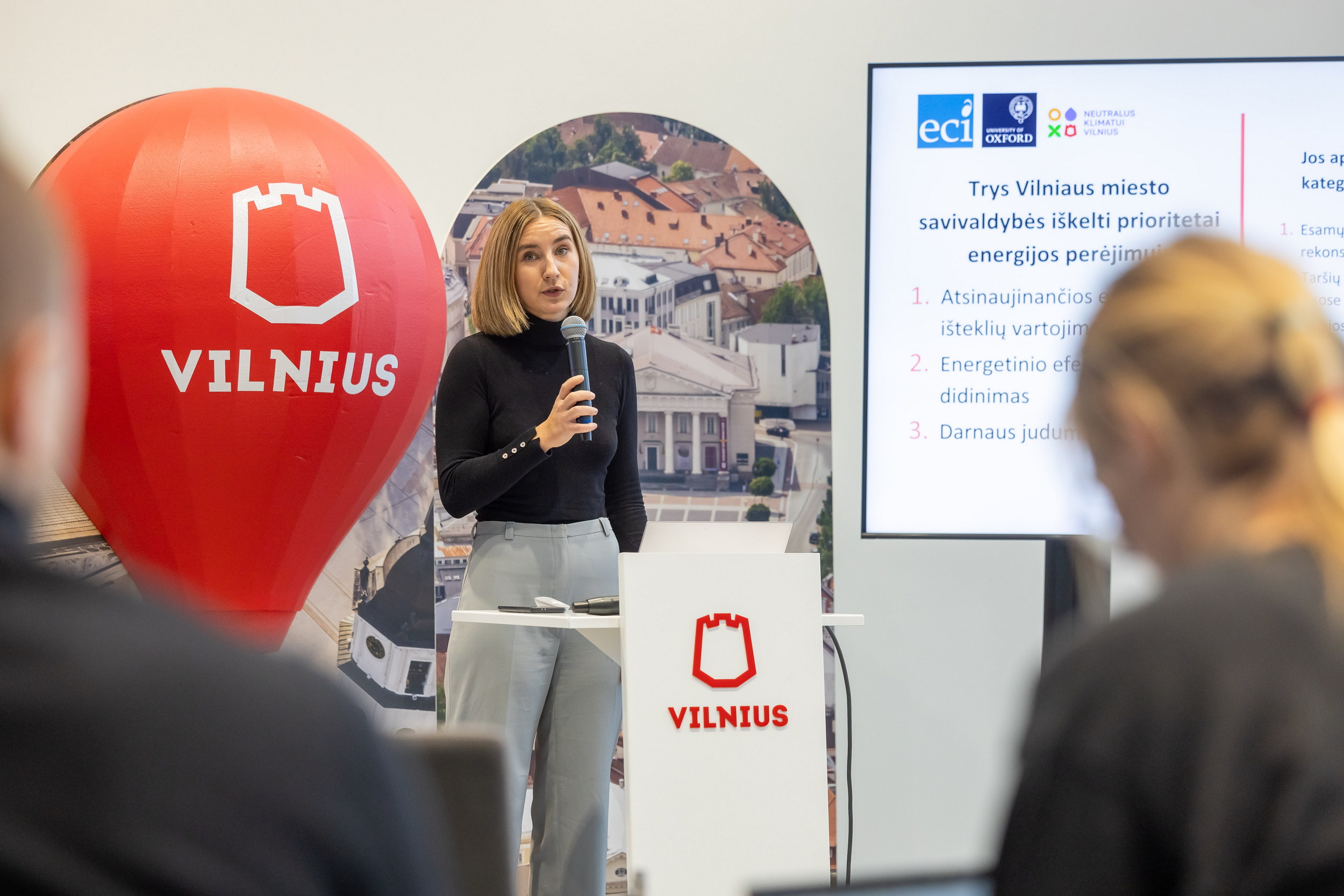
What have you brought back from Brussels and shared with your community? / How do you see your mandate as Young Energy Ambassador at the European Sustainable Energy Week contributing to your country’s or region’s green energy transition?
At the time of EUSEW, I was working with Climate-Neutral Vilnius, an agency in Vilnius City Municipality in Lithuania, as a lead researcher on a partnership whose goal was to identify potential social justice risks in Vilnius’ planned energy transition and strategies to mitigate them.
Some of the sessions I participated in during the EUSEW, where I heard policy practitioners reflect on municipal-level energy transition challenges from across Europe and share examples of successful initiatives, directly informed my work in Vilnius. For example, in one of the sessions, I first learned how local governments can support community initiatives that equip civil society with the necessary skills and resources to address energy poverty challenges in their communities. Meeting vulnerable energy consumers where they live and developing socially sensitive solutions became an important component in our discussion on just transition measures in Vilnius City Municipality.
Facilitating a timely, robust, and just transition to clean energy systems is a complex and dynamic challenge. No single government has done it before, all of us – academics, policy-makers, providers, businesses, and civil society stakeholders – are experimenting and learning on our way.

Being able to take part in forums such as EUSEW and exchange ideas with other pioneers of energy transition from across different contexts in Europe is an empowering experience, as it allows us to return and experiment in our respective areas with greater self-confidence. This self-confidence component is especially important for people like me – young clean energy advocates and professionals, even more so, young women in the field.
At the same time, the ambassadorship gives us a platform to amplify the problems we see in our communities and countries and work back to the highest European policy level in Brussels.
This is a task that as a Lithuanian I take especially seriously, as energy transition problems in the Baltics and Eastern Europe have their unique character due to our shared historical legacies that have shaped and continue to impact our infrastructures, politics, and society.
For instance, when it comes to just transition, energy democracy, energy communities, and citizen assemblies – are all excellent ideas that nonetheless might struggle to take off in our region because of trust deficits, social inequalities, and lack of activism in civil society. Making a just transition work in the Baltics necessitates that EU-level policy remains attuned to such realities and offers extra support measures to address them. The ambassadorship helps amplify such needs.
Why would you recommend this opportunity of being a Young Energy Ambassador for young people who might follow your example?
I would encourage any young person who has an idea or a vision of how Europe’s energy transition can be strengthened to apply.
Through the ambassadorship, I have experienced first-hand that there is a real willingness in Brussels to hear what the youth has to bring to the table. And our inputs matter, as 2050 Europe will be our generation’s Europe.
At the same time, the Young Energy Ambassador program has offered our cohort many opportunities to workshop our thoughts, strengthen our skills, and connect with and learn from much more experienced professionals in the clean energy field.
I think that any young passionate person who comes to the program with a vision for the energy transition will leave a bit better equipped to strive for it.
What are you working on now and what are your plans for the future in terms of involvement in the clean energy sector?
After completing my Master’s studies in Environmental Change and Management this past September, during which I worked on a research project on a just energy transition in Vilnius, I stayed in Oxford and started my PhD research.
In my research, I analyze how European policy stakeholders interpret and mobilize just transition principles in energy policy practice and address governance challenges associated with designing equitable and fair energy transition policies. As such, my project seeks to bridge academic and policy energy transition knowledge.
I hope that my PhD at the University of Oxford will equip me with the skills and expertise for a policy career – I am interested in working on energy policy design and ensuring it best responds to the environmental and social challenges of Europe.
This interview with the Lithuanian Young Energy Ambassador is produced in co-operation with the European Sustainable Energy Week 2025. See ec.europa.eu/eusew for open calls.
Source: European Sustainable Energy Week
